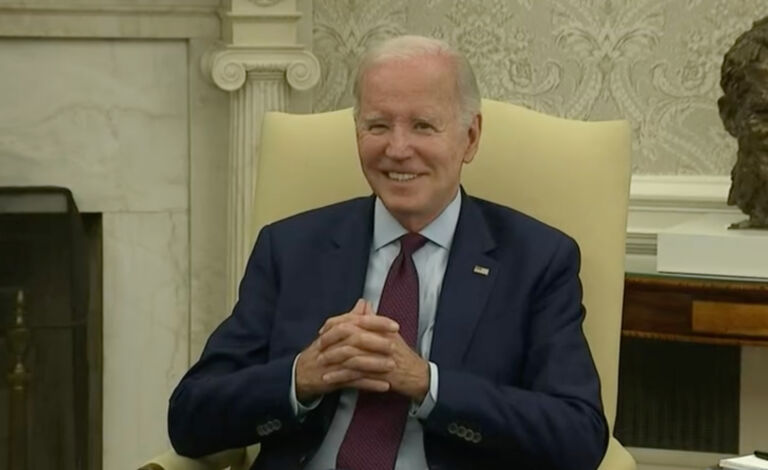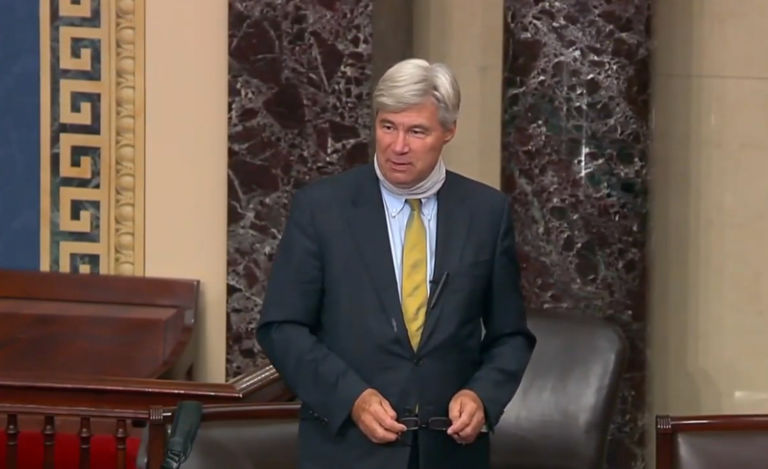As has already been noted on the Locker Room, on Wednesday the Republican controlled House Public Utilities Committee voted 18-13–allying themselves with the Obama administration and powerful special interest groups against North Carolina’s electricity customers — to defeat the rollback of the state’s renewable portfolio standard. The bill they shot down in committee would have reduced (not eliminated) the percentage of energy that customers are forced to buy from high cost renewable sources from 12.5% to 6% and formed a study commission to look at the issue. It appeared from the beginning that HB 298, the legislation that would have brought about this modest change, was being set up to fail by the Republican leadership. They arranged the process such that the bill would have to pass out of 4 committees before it could get a vote of the full house. This is a huge hurdle and exactly the kind of signal that the environmental movement, Duke Power (a big supporter of these mandates since they were passed in 2007), and rent seekers in the solar and wind power industries were looking for — namely that the Republican leadership in the House was on their side.
Well this bi-partisan cabal has gotten its way and the underrepresented ratepayers are the losers. Duke power, a monopoly for life and possibly the most politically powerful business in the state, is a colluding partner in all of this. It gets to pass along all of its higher costs to its captive customers while being protected from any meaningful competition and posing as a friend of the environment.
All this is classic special interest politics that public choice economists have spoken and written about for over 50 years. The benefits of the existing legislation accrue to powerful special interests and the politicians who conspire with them. The cost bearers are diffused and are not coalesced into a coherent political voice. In this case they are the utility ratepayers and those throughout North Carolina’s economy who suffer because of slower economic growth, fewer jobs, and higher prices.
As public choice economists have consistently pointed out, it makes no difference which party is in control or the principles they espouse in campaign speeches. The legislative process is driven by this differential impact of concentrated and highly organized special interests in union with legislators and diffused, unorganized cost bearers, leading to ever growing government. And make no mistake about it; this was a special interest driven process. Environmental benefits of keeping the mandates, which were the original justification for the legislation in 2007, were never part of the debate on HB 298 and have all but disappeared as a justification for continuing the mandates. The only economic analysis that the legislators paid attention to was a sophomoric piece of junk economics bought and paid for by the renewable energy industry.
For principled conservatives the passage of this bill should have been a no-brainer. But the reality is that, in the struggle between principles on the one hand and interest group pressures and campaign contributions on the other, it’s principles that ultimately lose.
By the way, the Republicans who voted with hard left environmentalists, the Obama Administration, and the special interests were Jerry Dockham (Davidson), Ruth Samuelson (Mecklenburg), Nelson Dollar (Wake), Charles Jeter (Mecklenburg), Linda Johnson (Cabarrus), and Tim Moore (Cleveland).


